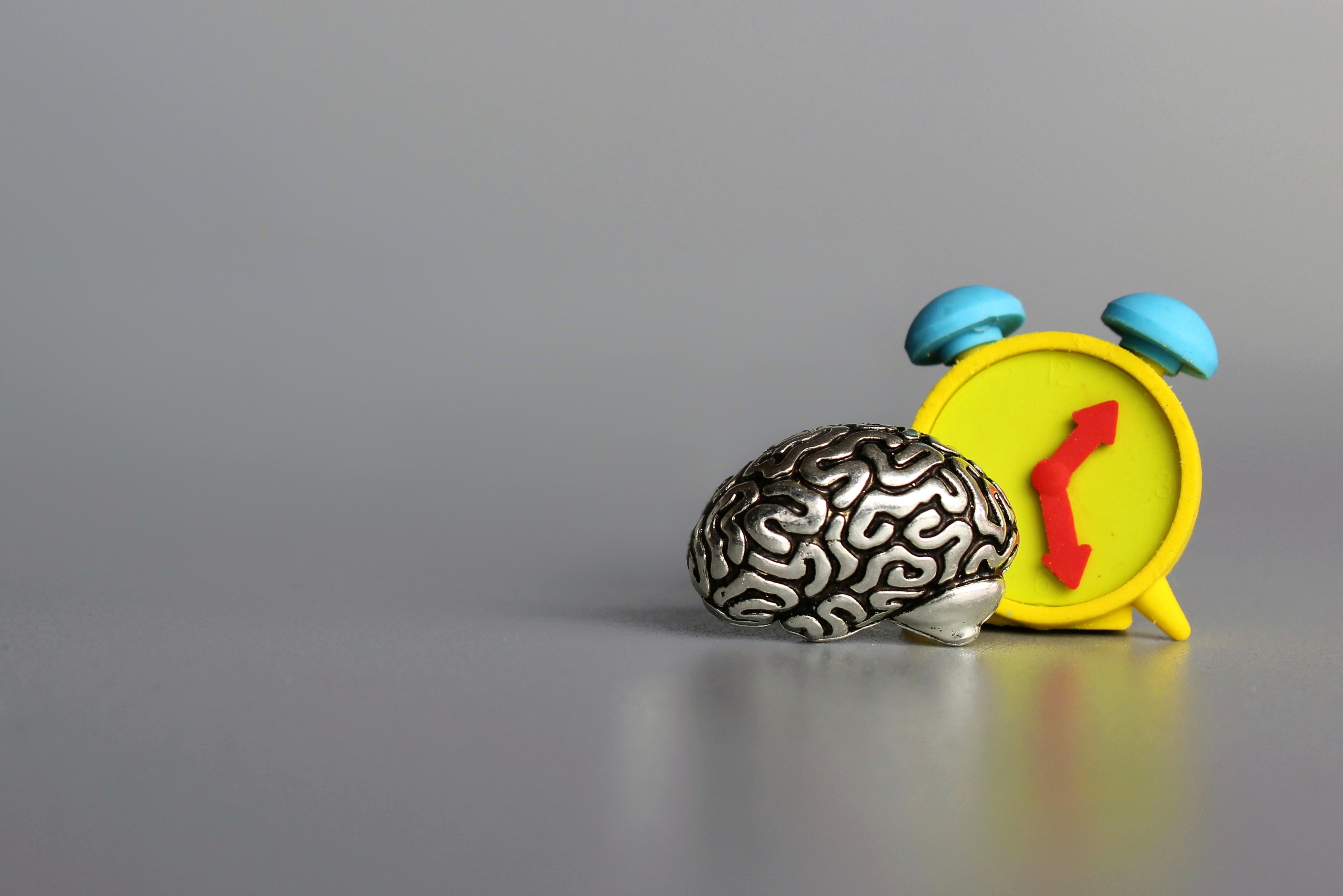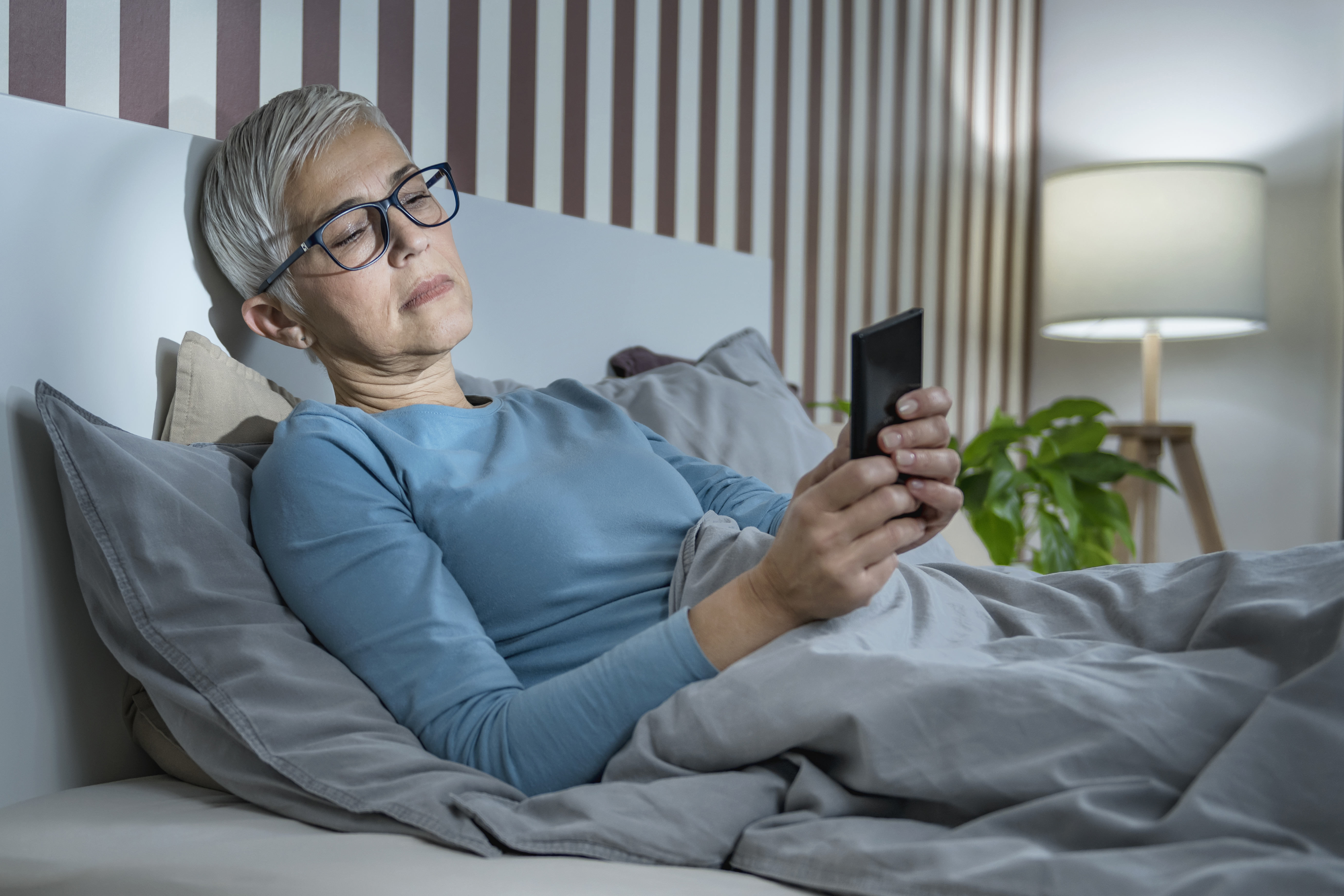10 Ways Late-Night Screens Ruin Your Sleep And Health
In our modern world, screens are an indispensable part of daily life. From smartphones to tablets, laptops to televisions, the glow of these devices often extends into the night. This nocturnal screen exposure, while seemingly harmless, poses significant risks to our sleep patterns and overall health. The blue light emitted by screens mimics daylight, tricking our brains into staying alert when we should be winding down. This disruption of natural sleep rhythms can lead to a cascade of health issues, from insomnia to chronic fatigue. As we delve into the night-time hazards of screen glow, it becomes clear that understanding and mitigating these effects is crucial for our well-being. This exploration will not only highlight the hazards but also offer insights into mitigating these effects, empowering readers to make informed choices about their screen habits.
1. The Science of Sleep and Circadian Rhythms

To fully grasp the impact of screen glow on sleep, it's essential to understand the science of sleep and circadian rhythms. The circadian rhythm is a natural, internal process that regulates the sleep-wake cycle, repeating roughly every 24 hours. This biological clock is influenced by external cues, primarily light, which signal to the brain when it's time to be awake and when it's time to rest. The hormone melatonin plays a pivotal role in this process, rising in the evening to promote sleepiness and falling in the morning to help us wake up. Blue light, which is predominant in the spectrum of light emitted by screens, has a profound effect on melatonin production. Exposure to blue light in the evening can suppress melatonin levels, delaying the onset of sleep and disrupting the circadian rhythm. This suppression is particularly concerning because it can shift the sleep phase, leading to difficulties in falling asleep at the desired time. The result is often a cycle of insufficient sleep, which can have cumulative negative effects on health and well-being. Research has shown that even short durations of blue light exposure before bedtime can significantly alter melatonin levels and the sleep cycle. This disruption is not just a matter of feeling tired the next day; it can lead to chronic sleep issues if the pattern continues over time. Understanding the intricate relationship between light exposure and circadian rhythms is crucial for addressing the challenges posed by late-night screen use. By aligning our habits with our natural biological rhythms, we can improve sleep quality and overall health.
2. The Impact of Blue Light on Melatonin and Sleep Quality

Blue light is a high-energy visible light that plays a significant role in regulating our sleep patterns. During the day, exposure to blue light is beneficial as it boosts attention, reaction times, and mood. However, at night, this same light can be detrimental. The screens of our electronic devices emit blue light, which can interfere with the production of melatonin, a hormone that regulates sleep. When melatonin production is suppressed, it becomes challenging to fall asleep and stay asleep, leading to poor sleep quality. The impact of blue light on sleep quality is profound. Studies have demonstrated that individuals exposed to blue light before bedtime experience reduced sleep efficiency and increased wakefulness during the night. This disruption can lead to a decrease in REM sleep, the stage of sleep crucial for memory consolidation and cognitive function. Over time, the cumulative effect of poor sleep quality can lead to sleep disorders such as insomnia, further exacerbating health problems. Moreover, the impact of blue light is not limited to the immediate effects on sleep. Chronic exposure can alter the body's overall sleep architecture, leading to long-term changes in sleep patterns. This can result in a misalignment of the circadian rhythm, making it difficult to maintain consistent sleep-wake cycles. Understanding the effects of blue light on melatonin and sleep quality is essential for developing strategies to mitigate its impact, such as using blue light filters or setting screen time limits before bed.
